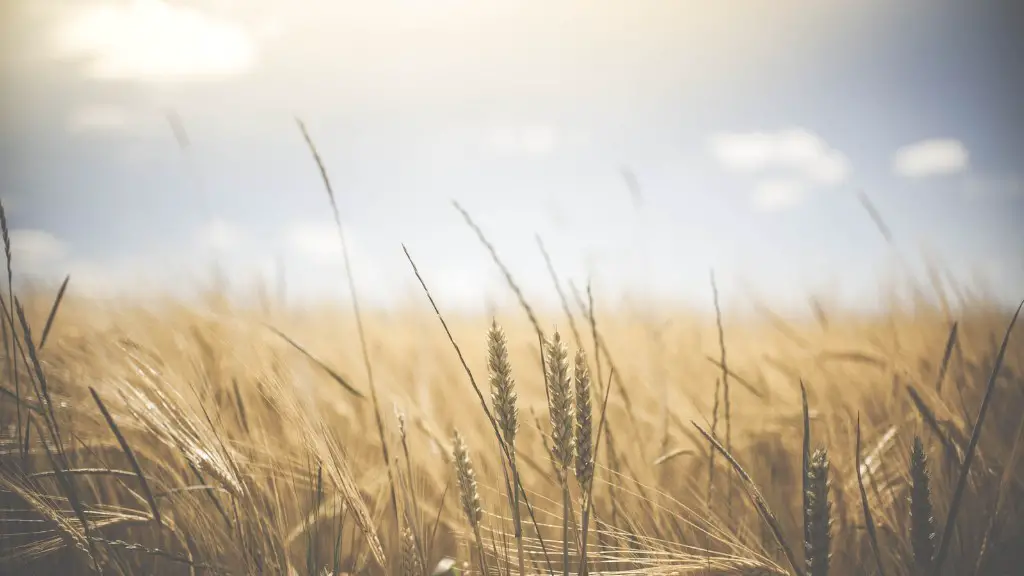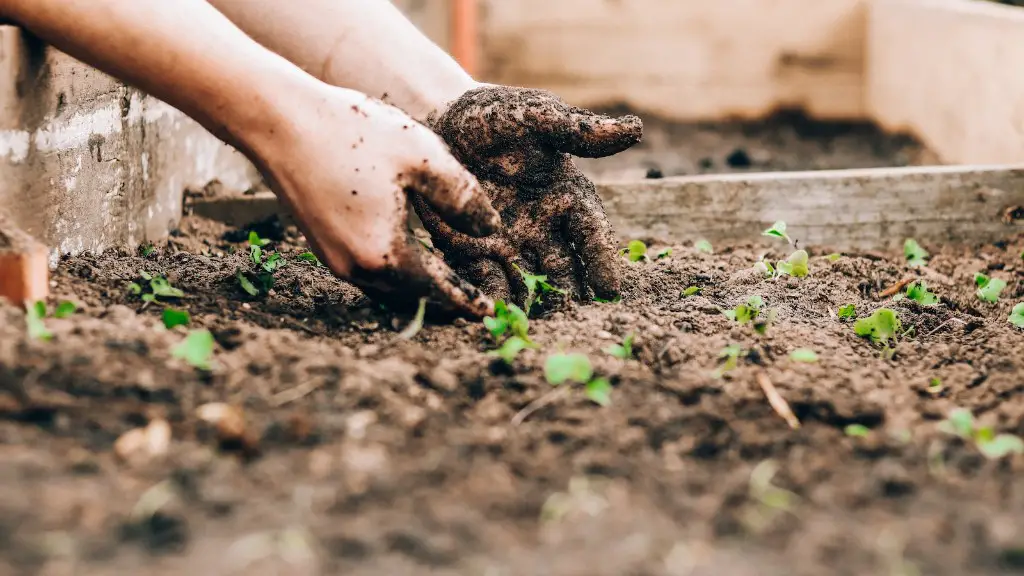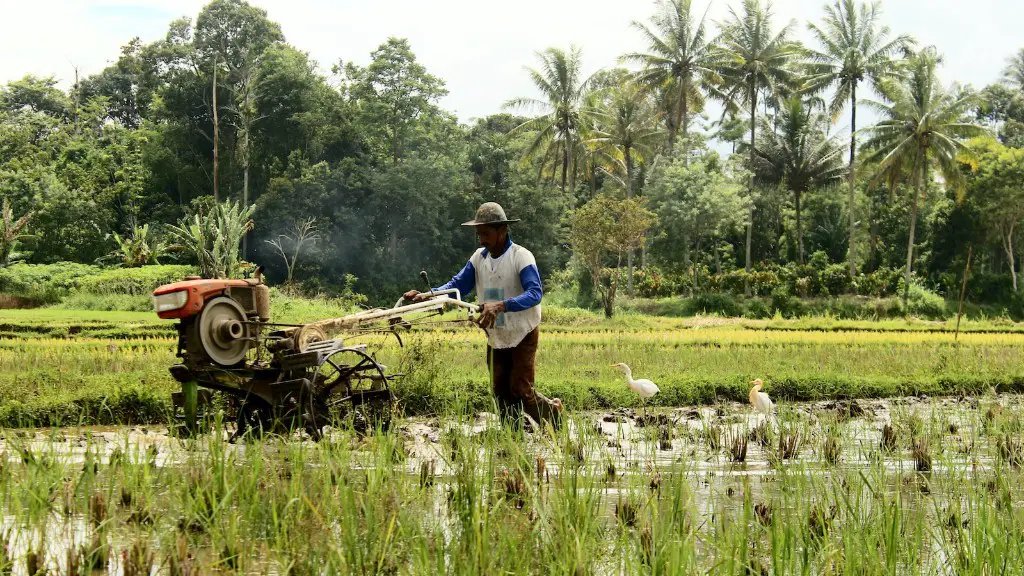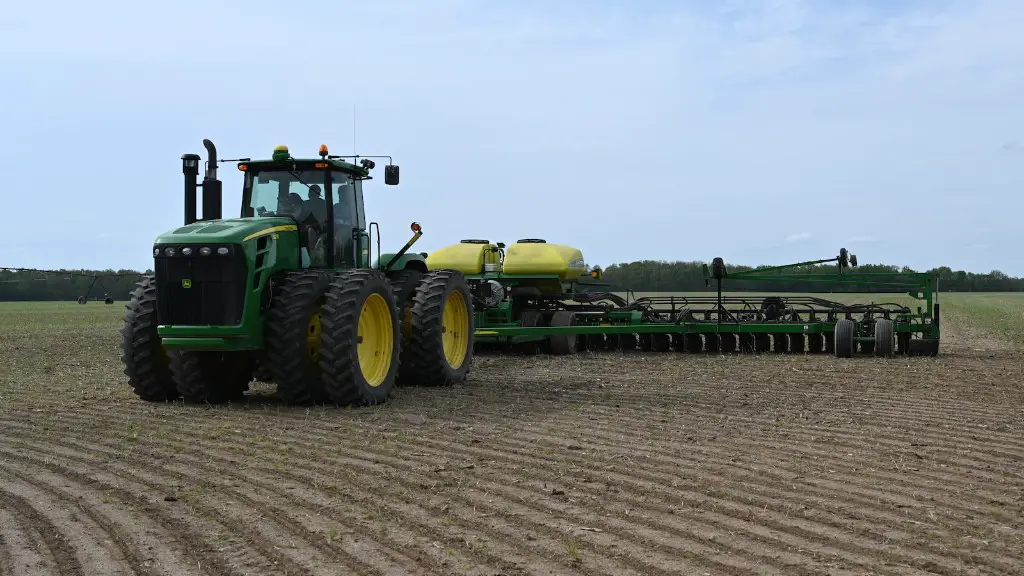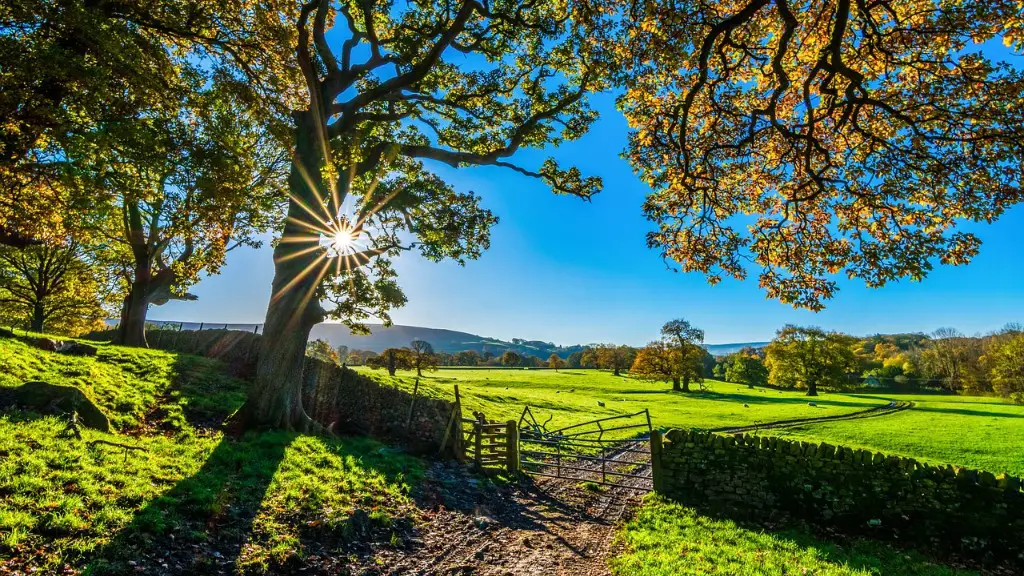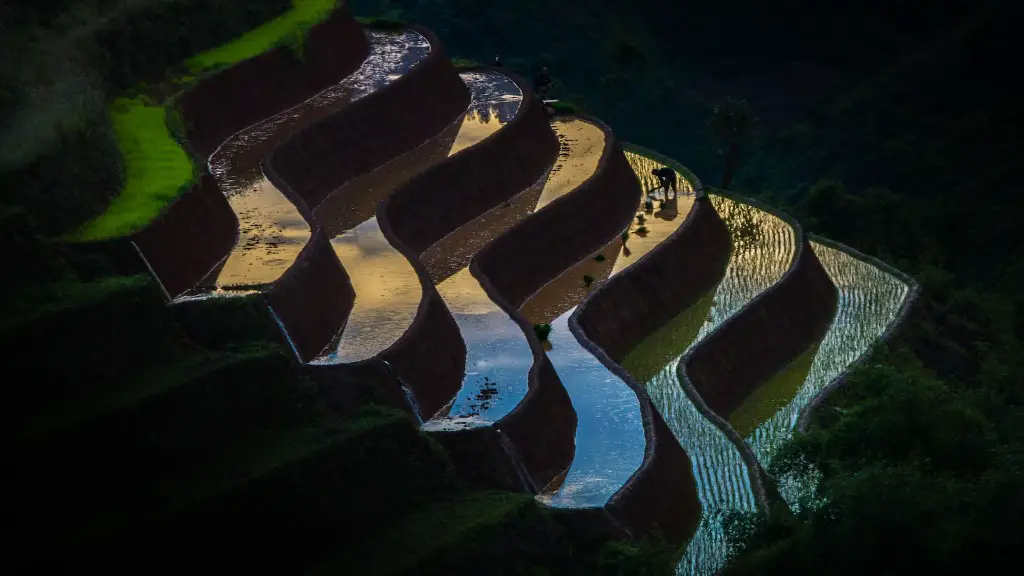The Roman god of agriculture is named Ceres. She is the goddess of grain crops, harvest, fertility, and motherly love.
The Roman god of agriculture is called Ceres.
Who is the Roman god of agriculture and wealth?
Saturn was a god in ancient Roman religion, and a character in Roman mythology. He was described as a god of time, generation, dissolution, abundance, wealth, agriculture, periodic renewal and liberation. Saturn’s mythological reign was depicted as a Golden Age of abundance and peace.
Saturn is the second-largest planet in the solar system and takes 29 Earth years to make a full revolution of the Sun. It is named for the god of agriculture. The Romans named the brightest planet, Venus, for their goddess of love and beauty.
Who is the Greek god of agriculture
Demeter is the goddess of agriculture in Greek mythology. She is the daughter of Cronus and Rhea, and the sister of Zeus. She is also the consort of Zeus and the mother of Persephone. Demeter is the goddess of the harvest, and is also responsible for the growth of plants and flowers. She is a benevolent goddess, and is often depicted with a cornucopia, a symbol of abundance.
Saturn was one of the most powerful gods of the archaic Romans. He was associated with agriculture, harvest, wealth, abundance, and time. As is the case for many of the Roman gods, he was conflated with one of the Greek gods after the Romans conquered Greece and became enamored with their mythology.
Who are the gods of Farming?
Demeter was the Greek goddess of agriculture and fertility. She was responsible for the growth of plants and the harvest. Her Roman equivalent was Ceres.
Demeter is often depicted as a beautiful woman with golden hair. She is sometimes shown carrying a sheaf of wheat or a cornucopia, symbols of the harvest.
Demeter’s most famous story is the myth of her daughter Persephone (also called Kore or Cora), who was abducted by Hades, the god of the underworld. Demeter searched for her daughter for months, during which time nothing grew on the earth. Finally, the other gods intervened and Persephone was allowed to return to her mother for part of the year. This story explains the change of seasons.
Demeter was an important figure in the Eleusinian Mysteries, a religious festival that was celebrated every year in Athens. It was said that those who participated in the Mysteries would be guaranteed a happy afterlife.
The goddess Demeter is an important figure in Greek mythology, as she is associated with the harvest and the cycle of life and death. Demeter is credited with creating the seasons, which was a result of her daughter, Persephone, being stolen by Hades. In addition to her role in the natural world, Demeter is also a goddess of agriculture, and her worship was essential to the success of crops and harvests in ancient Greece.
Is Kronos the god of agriculture?
Cronus was a Titan who was believed to be connected with agriculture. His festival, the Kronia, was a celebration of the harvest and was similar to the Saturnalia. In art, he was often depicted as an old man holding an implement, which was originally thought to be a sickle but is now believed to be a harpē or curved sword.
Bacchus was the Roman god of agriculture and wine. He was also associated with fertility, drama, and revelry.
Is Ares the god of agriculture
Ares was the ancient Greek god of war. He was one of the Twelve Olympians, the son of Zeus and Hera. In art, he was often depicted as a young man, naked and beardless, carrying a shield and spear. He was also known as the Laconian God.
Osiris was one of the most important and popular gods in ancient Egypt. He was the god of fertility, agriculture, the afterlife, the dead, resurrection, life, and vegetation. His cult was one of the most influential in Egypt, and his worship spread throughout the country. Osiris is a central figure in the Egyptian myth of the afterlife, and his story is a popular one. In the myth, Osiris is killed by his brother, Set, and is resurrected by his wife, Isis. Osiris then becomes the ruler of the underworld, and his story is a popular one among the Egyptian people.
Who is the Egyptian god of farmers?
Hapi was the god of the annual flooding of the Nile in ancient Egyptian religion. The flood deposited rich silt (fertile soil) on the river’s banks, allowing the Egyptians to grow crops. Hapi was greatly celebrated among the Egyptians.
The Floralia was a festival in Roman religion that was celebrated in honor of the goddess Flora. It was instituted in 238 BC by the Roman Senate. The festival lasted for six days and was held in April or May.
Who is the Roman god of gardens
Pomona was the goddess of fruit trees, gardens, and orchards. Unlike many other Roman goddesses and gods, she does not have a Greek counterpart, though she is commonly associated with Demeter.
Ceres is the Roman goddess of agriculture, fertility, and motherly love. She is worshipped either alone or in association with the earth goddess Tellus. Her cult was early overlaid by that of Demeter, who was widely worshipped in Sicily and Magna Graecia.
Who is the Roman god of nature?
Silvanus was the Roman god of the countryside and was often associated with Faunus, the god of animals. He was usually depicted as a countryman and was seen as the spirit of the unreclaimed woodland. He was seen as a threatening figure to the Roman settlement but was also seen as a guardian of the agricultural land.
What an interesting topic! King is best remembered for his first-hand account of traditional agricultural practices in Asia, now regarded as an organic farming classic text. It is fascinating to think about how much has changed in the field of agriculture since King’s time, and how his work is still relevant today.
Who is the male god of harvest
As the god of the harvest, Lugh is associated with the time of midsummer when the crops are flourishing and ready to be harvested. He is also known as the god of skill and talent, making him a fitting namesake for the festival of Lughnasadh which marks the beginning of the harvest season. During this time of year, Lugh is often invoked for his blessings of abundance and prosperity.
Demeter is the goddess of the harvest, fertility, and the earth. She never married, but had two children by her brother, Zeus. She bore him a daughter, Persephone, and a son, Iacchus.
Final Words
The roman god of agriculture is Vulcan.
The Roman god of agriculture is called Ceres.
